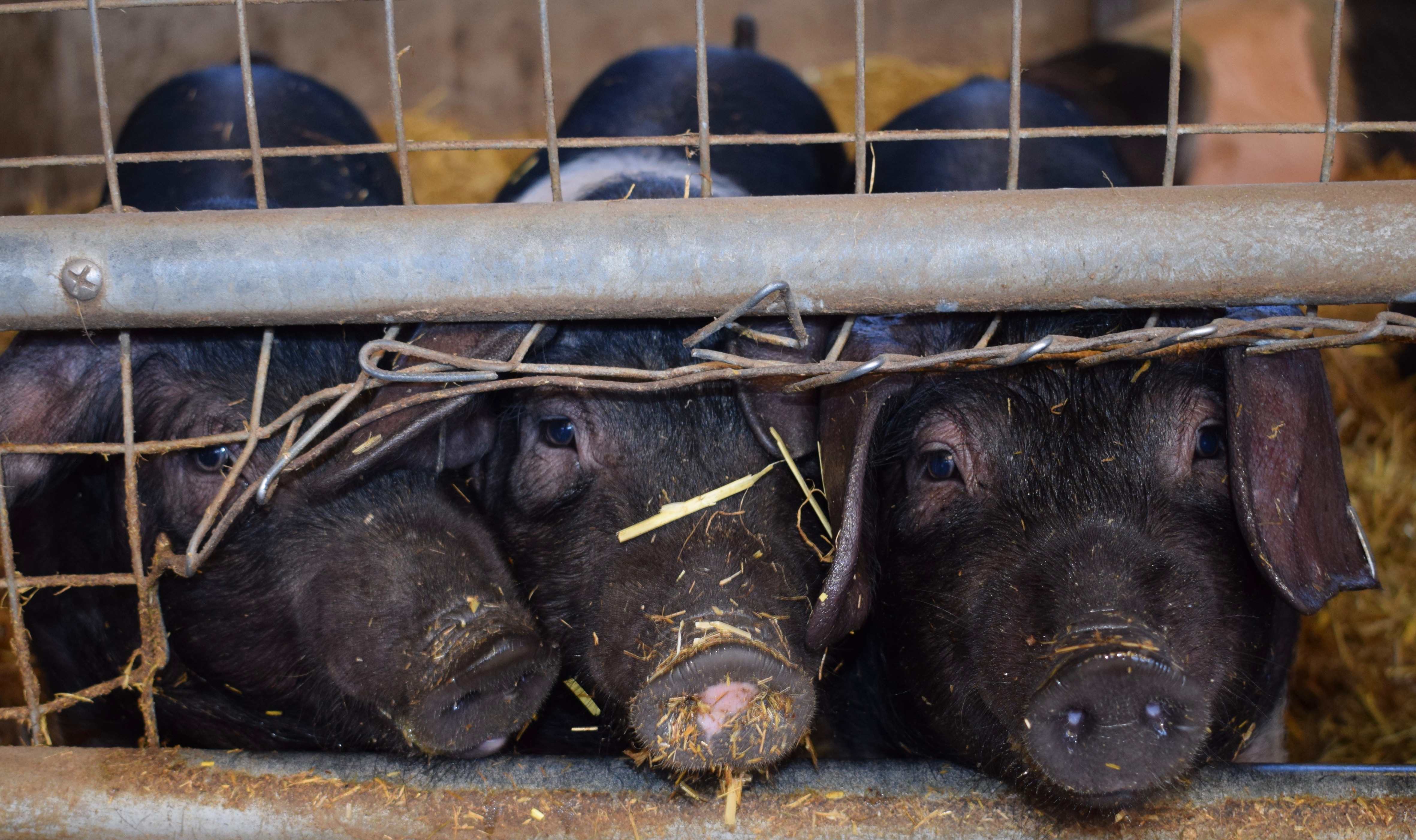Antioxidants protect hot hogs from sperm DNA damage
James Cook University researchers have developed a diet to help fix the love-life of sweltering pigs.

Dr Damien Paris, Prof Bruce Gummow and PhD student Dr Santiago Peña Jr from the Gamete and Embryology (GAME) Lab at James Cook University, recently discovered that tropical summer weather causes a 16-fold increase in DNA damage and reduces concentration of pig sperm (story here).
"This level of sperm DNA damage is known to decrease embryo survival, farrowing (birth) rates and litter sizes in pigs. We wanted to develop a food supplement to mitigate the damage caused during summer to improve productivity," Dr Paris said.
Pork is the most widely eaten meat in the world, with tropical countries such as Brazil, Vietnam, The Philippines and Mexico among the top 10 pork producers. However, summer infertility costs the pig industry millions of dollars each year in productivity losses.
The JCU researchers, in collaboration with Associate Prof Anthony Parker (College of Food, Agricultural & Environmental Sciences, Ohio State University), developed a custom-made multi-antioxidant supplement that restores the fertility of boars by protecting their sperm DNA from damage induced during the tropical summer.
“Antioxidants (such as Vitamin C & E, zinc, selenium, etc.) are substances that inhibit oxidation and ultimately cellular and DNA damage by neutralising free radicals. Some are also known to bolster DNA synthesis and packaging in sperm,” said Dr Paris.
The quality of sperm was compared to samples collected from the same boars during the previous summer without antioxidant supplementation.
"We found that the antioxidants more than halved sperm DNA damage, from 16% down to 7% after 84 days’ treatment. Healthier sperm should mean healthier embryos and larger litter sizes, so this diet has enormous potential for improving pig production and food security in the tropics,” said Dr Peña.
The work was supported by an Australia Awards Scholarship awarded to Dr Peña. It has just been published and is freely available (along with the antioxidant formulation) in the scientific journal PLOS ONE (https://doi.org/10.1371/journal.pone.0216143).
Dr Paris said the JCU team is keen to further test the efficacy of the antioxidant therapy on boars during periods of summer infertility, and is seeking collaboration with the pig industry to conduct on-farm field trials. To support this initiative or learn more about this work contact Dr Paris here.
Images: here.
Please credit as marked.
Three-minute thesis presentation on the project (from 2015) here.
More Information
Media Enquiries:
Dr Damien Paris
T: 07 4781 6006
E: damien.paris@jcu.edu.au
W: To learn more about this work contact Dr Paris here.
Published:
07, May 2019